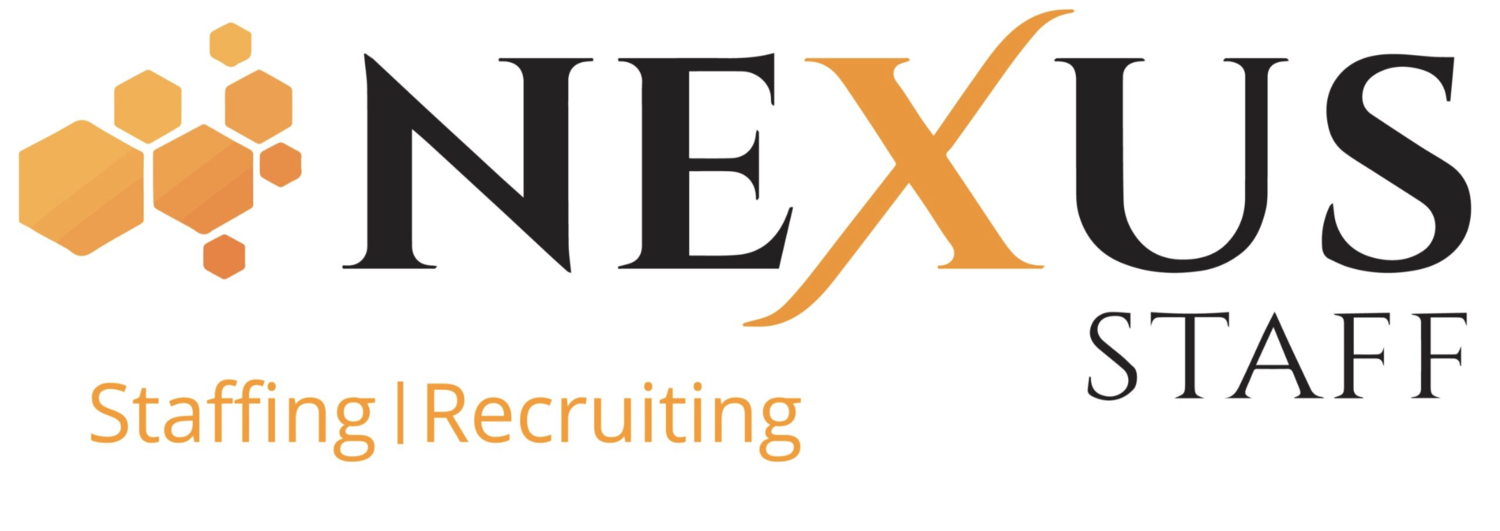Five Cover Letter Mistakes and How to Avoid Them
Writing a cover letter is an important part of the application process. As a candidate, this essential hiring material allows you to express your greatest accomplishments, skills, and past experiences alongside future aspirations and goals with the intention of finding a new role. Likewise, they also let hiring managers and recruiters learn more about you and find out what sets you apart from the competition.
With this in mind, below are five mistakes to avoid writing your next cover letter.
Using the same cover letter for each application
Just as each job posting is different, each application you send off should be as well. This means for each job you apply to, a new cover letter should be written. While it’s true that your experiences or skills will not drastically change depending on the different roles you apply to, the way they are presented in a cover letter can and should change. Keeping the same basic format or template to your cover letter is acceptable, but reworking the information is essential. Creating a unique cover letter for each job you apply to can outline specific skills and experiences related to the role and shows you have taken the time to learn more about the organization and the position itself.
Rewriting your resume
When a recruiter or hiring manager is reading your cover letter, it’s likely they have already read your resume and are now looking for more information on what makes you stand out. This means you don’t want to just simply restate your resume in paragraph form. Instead, don’t be afraid to add some personal touches to your resume – a short anecdote of what got you interested in the particular job or organization you are applying to, specific achievements in your past roles, and how you are the ideal candidate for the role based on the skills you possess.
Writing too much
Cover letters that are too long may not be able to keep a hiring manager or recruiter’s attention, or worse—not be read at all. To be sure you’re not overwhelming anyone reading your cover letter, keep your writing to no more than a page. If you’re finding it difficult to include all of the information you want to, try opting for a different format. For example, use bullet points to highlight relevant experiences or accomplishments rather than lengthy paragraphs.
Mentioning salary expectations
Your pay is an important aspect of any role, but avoid mentioning salary expectations, requirements, or pay history in your cover letter as including this information can give the impression that you’re interested in the position for the wrong reasons. Instead, it is best to negotiate your salary once you are offered the job or if directly asked in an interview further along in the hiring process.
Of course, if you are explicitly asked to include this information in your cover letter as per the job description, go right ahead! However, be sure to include a reasonable range depending on your experience and certifications and again, discuss in further detail during your interviews.
Making grammar or spelling mistakes and typos
Perhaps the most easily-avoidable cover letter mistake is not proofreading what you’ve written before hitting “submit.” Including grammar and spelling mistakes or typos in your cover letter can give off the impression that you rushed through your application or that you’re not taking your job search seriously. To steer clear of this misjudgment, be sure to read through your cover letter (more than once!) before sending in the final document or recruit a friend or trusted colleague to give it a final look-over.
Finally, your cover letter has been perfected and now you just need a role to submit it to. Check out Nexus’ list of available jobs here or contact us today to learn more about our personalized recruitment services.







